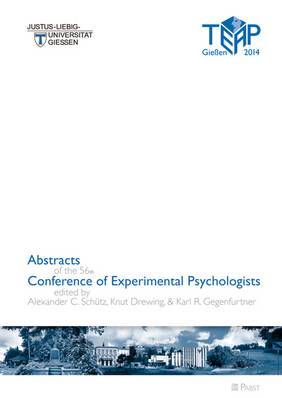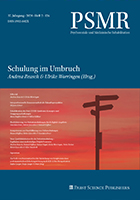Elisabeth Cohors-Fresenborg and colleagues (TU Dresden) investigated the vulnerability of cognitive control functioning to variations in individual daytime optima. While previous studies on the influence of daytime effects on cognitive control revealed a rather inconsistent picture, the experimental psychologists specifically implemented a task that allowed for a quantitative approach investigating cognitive control.
"34 extreme/moderate morning and 34 extreme evening chronotypes performed the Majority Function Task in their individual daytime optimum vs. disoptimum on two consecutive days. The researchers systematically manipulated the amount and content of informational input, thus, implementing a parametrical manipulation of computational load.
Results showed an overall effect of daytime optimum, especially pronounced for extreme evening types. Furthermore, and irrespective of chronotype, the detrimental influence of individual daytime disoptimum on task performance increased with increasing computational load, and thus, with heightened levels of cognitive control demands. At the same time, while performance was influenced by increases in perceptual load, no interaction with individual variations in daytime optima was observed.
These findings highlight the role of individual variations in daytime optima on the reliability of cognitive control functioning. Furthermore, the present quantitative approach allowed for a clearer specification of the relation between daytime variations and different forms and amounts of cognitive control involvements," the authors report in
Abstracts of the 56th Conference of Experimental Psychologists
2014. Pabst, 308 pages, ISBN 978-3-89967-915-1























